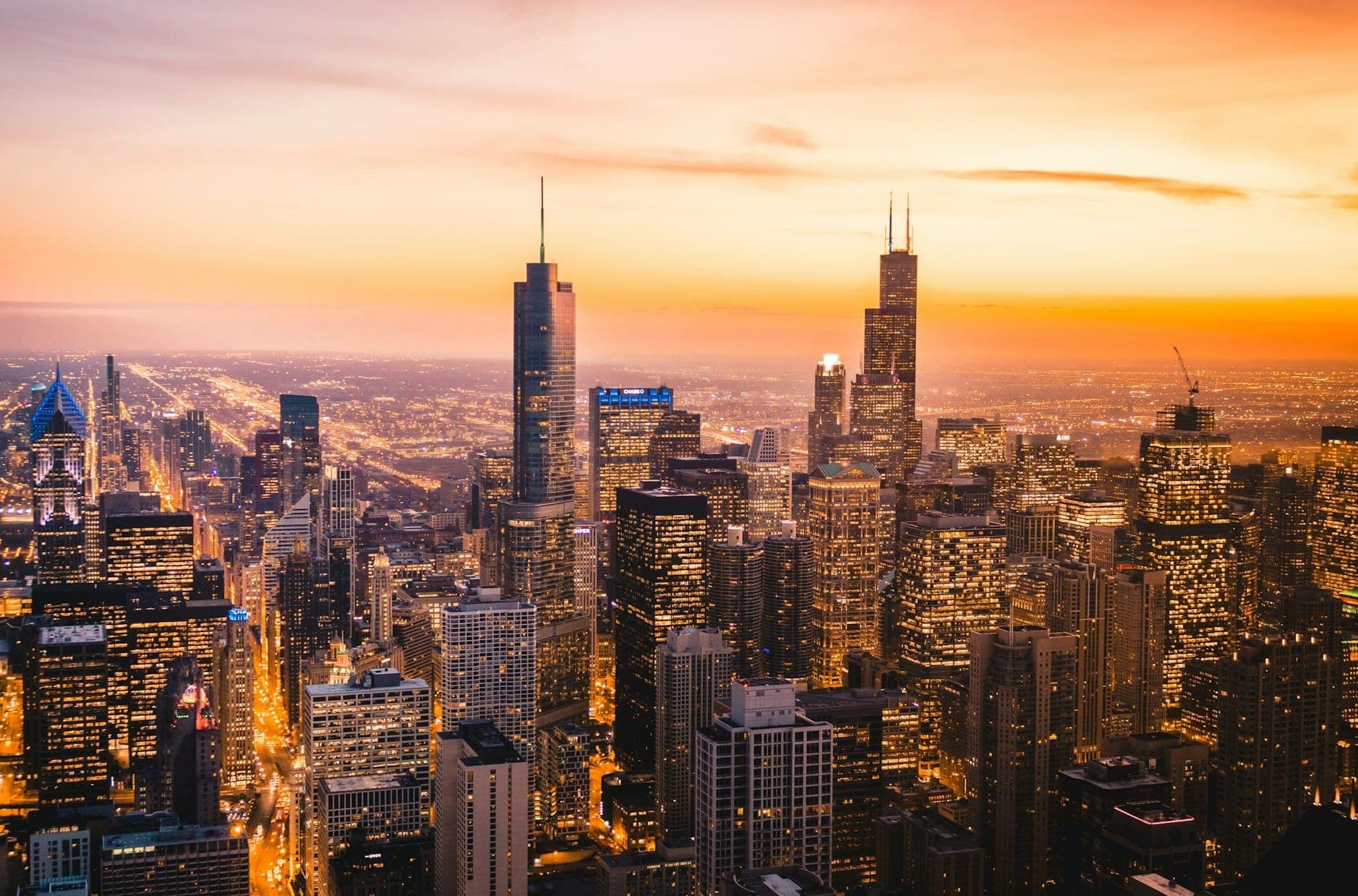Mayors of America's Largest Cities Embrace Ranked Choice Voting

Editor's Note: This piece originally published on FairVote's website and has been republished on IVN with permission from the organization.
Mayors of big cities across the country are coming out in support of ranked choice voting (RCV). RCV is currently used in 46 U.S. cities, including the most populous cities in seven states.
Several mayors of these cities, as well as mayors in other states’ largest cities – including Boston, Detroit, Denver, and Chicago – have expressed support for RCV.
RCV has proven particularly popular condensing two-round city elections into a single, higher-turnout election. With RCV, voters can select a majority winner in one round – if no candidate wins more than half of voters’ first choices, an “instant runoff” is held using voters’ backup choices.
"In San Francisco, the cost of the last city runoff in 2001 was $3 million, suggesting the city has saved millions each election cycle," wrote Mayor Jesse Arreguín of Berkeley, California, and Oakland Mayor Libby Schaaf.
"Holding just one election instead of two reduces the burden on voters and ultimately leads to far more voters – and a far more representative group of voters – participating in choosing their local government."
For the many cities that don’t have a majority requirement for electing their mayor, RCV would efficiently deliver a consensus winner with a stronger mandate.
Newport News, VA, Mayor Philip Jones cited several cities in his state where RCV would be beneficial.
"Richmond, Roanoke, Winchester, and Virginia Beach all elected mayors this year in wide-field races with a winner who earned less than half the votes," he said.
"In my own four-way race for Mayor of Newport News in 2022, I won with 40% of the votes, which means nearly 60% of the voters supported someone else."
Beyond its ability to swiftly elect consensus leaders, RCV increases the quality of campaigns, and empowers nontraditional candidates to get involved in local politics.
"[Massachusetts] is a state with a huge pipeline of talent, activism and an incredible energy in terms of people participating and wanting to jump into political office," said Boston Mayor Michelle Wu.
"Ranked choice voting makes sure that we are reflecting the true will of the people."
Mayors like Arreguín, who already represent an RCV jurisdiction, are largely in tune with their voters. Poll after poll shows that, when voters use RCV, they like and understand it by overwhelming margins.
Other mayors are advocating for their cities to adopt RCV, and some are advocating for it in their campaigns for higher office. Jersey City Mayor and gubernatorial candidate Steven Fulop said:
"Supporting ranked choice voting is the natural next step to enhance democracy in New Jersey… I have been a vocal advocate of ranked choice voting from the start as it directly aligns with my beliefs and efforts towards a more inclusive and representative democracy."
Detroit Mayor and independent gubernatorial candidate, speaking about a 1980 senior thesis on why RCV should be used for presidential primaries, said "Apparently, I was ahead of my time."
Efforts to implement RCV are already underway in Jersey City and cities throughout Michigan. There is also movement to adopt RCV in Denver, Boston, and Chicago – and the mayors of all three cities have voiced their support.
To help bring RCV to your city, find an RCV organization in your state here.







